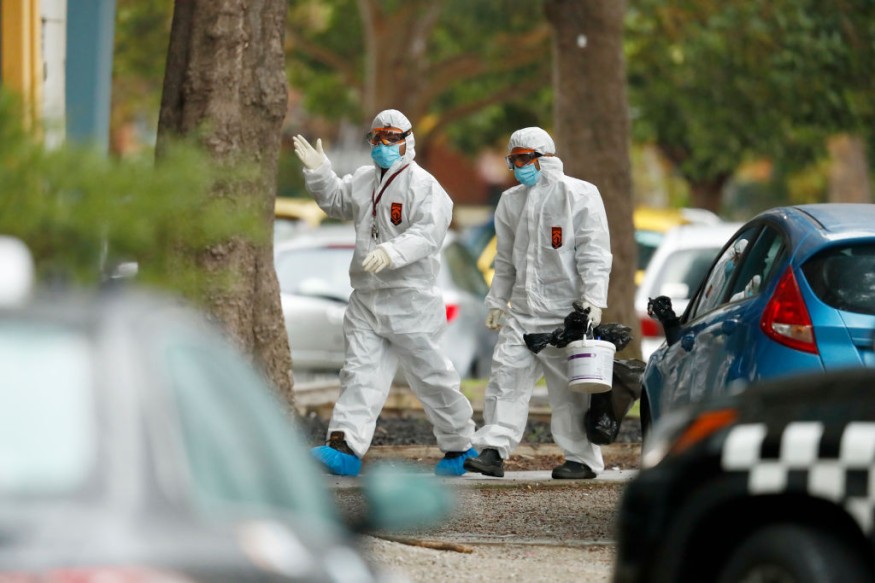Scientists Claim COVID-19 Can Spread Through Airborne Transmission

Hundreds of scientists say there is mounting evidence that the COVID-19 pandemic can spread through airborne transmission. They also accused the World Health Organization (W.H.O.) of underplaying the risk of aerosol transmission.
In an open letter due to be published this week, over 239 scientists across 32 countries urged the health agency to acknowledge the role of airborne spread of the coronavirus and to revise recommendations.
Linsey Marr, an expert in airborne transmission of viruses, said the international health organization relied on studies from hospitals suggesting low levels of virus in the air. However, she noted those studies underestimated the risk as they did not include buildings, such as bars and processing plants, where air-exchange rates were much lower, as the New York Times reported.
Interviews with nearly two dozen scientists, including consultants for the World Health Organization, said droplets expelled during sneezing can glide the length of a room through the air. These droplets may transmit the virus to a healthy person when inhaled.
In W.H.O.'s June 29 guidance, the health organization's officials said that while the aerosol transmission may play some role in the spread, the primary routes of transmission are through droplets expelled during coughing, sneezing, or speaking.
Members of the agency's infection prevention committee further said that introducing new measures to combat airborne transmission was unlikely to affect the spread of the virus. W.H.O. continued to promote handwashing as a primary prevention strategy.
If the airborne transmission is acknowledged as a significant factor in the virus' spread, experts suggest wearing face masks indoors and imposing tighter regulations for ventilation and air conditioning could help guard against the infectious particles.
Bureaucratic Issues
While most experts praise W.H.O. for holding daily briefings amid its shrinking portfolio, they insist the organization is ignoring the latest research due to bureaucratic issues and its political relationships, particularly with the United States and China, Slate reported.
Cannot stop thinking about a document emanating from a @WHO group that I was asked to comment on yesterday. On the issue of face coverings, as a form of #Covid_19 control. Assessment done, but the whole experience has left me extremely uneasy about procedural opacity. — Sanjoy Bhattacharya (@JoyAgnost) May 22, 2020
However, experts condemn the infection prevention and control committee who, they claim, are bound by a rigid view of scientific evidence. Many say the committee is slow in updating its guidance.
Critics previously called out the agency after it endorsed the use of masks months after evidence of its effectivity on preventing the spread of the virus became available. By then, most nations had encouraged their citizens to wear face coverings when going out in public.
The organization had released a statement where it encouraged wearing masks. Still, it noted that its usefulness has yet to be supported by "direct scientific evidence." They also provided a list of the potential disadvantages of masks, including "discomfort."
Critics are now calling for the committee to diversify its expertise and relax its criteria for proof. This comes after experts on air quality, and aerosols attended a discussion with W.H.O. officials were staunch supporters of handwashing dominated the meeting.
The committee's advice remains unchanged, with supporters claiming that handwashing must have emphasis over aerosols.
Want to read more?
Subscribe to Latin Post!
Sign up for our free newsletter for the Latest coverage!
© 2026 Latin Post. All rights reserved. Do not reproduce without permission.















